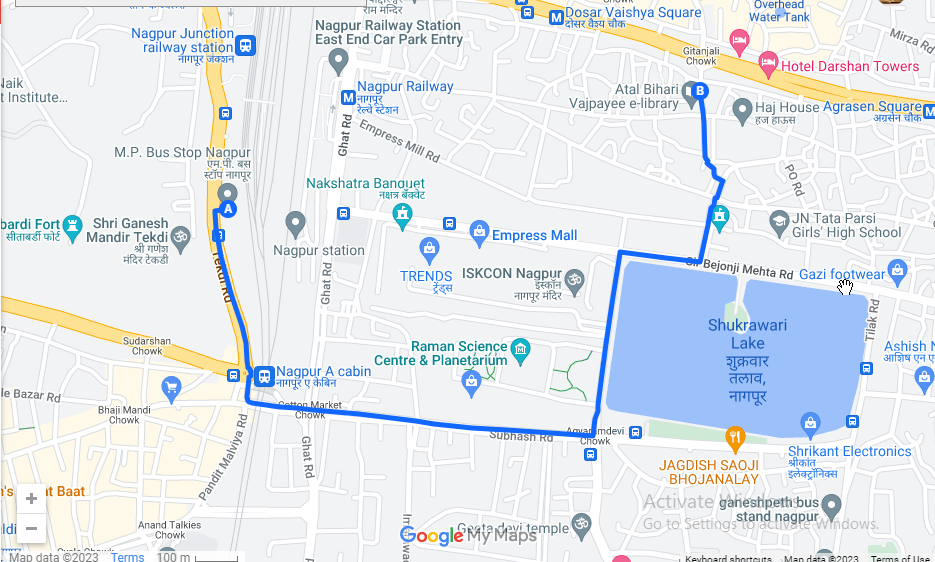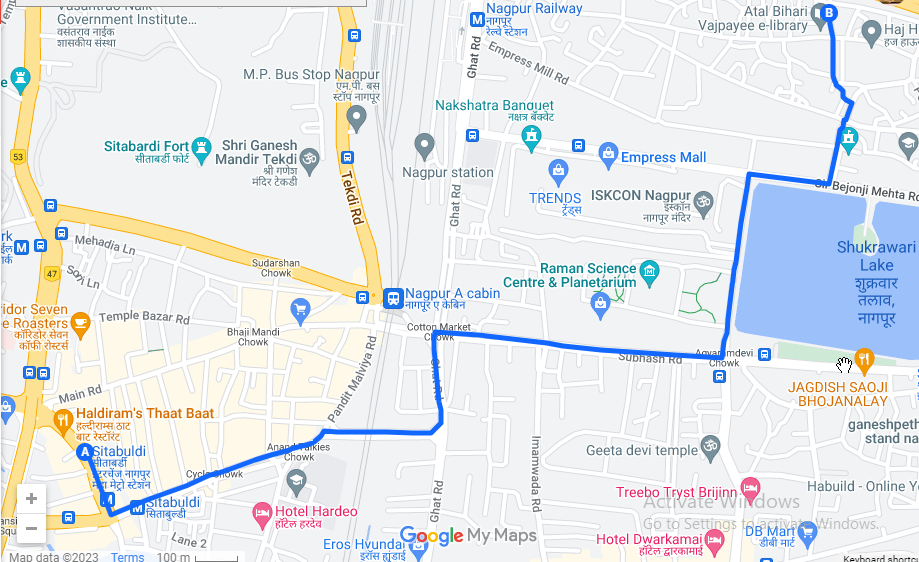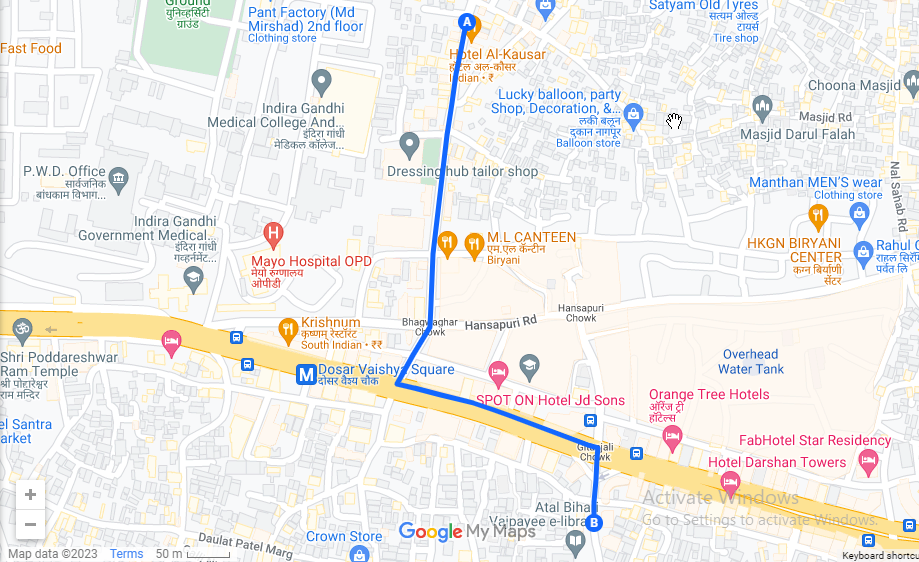Endoscopic Tympanoplasty is a modern, minimally invasive surgical procedure designed to repair a perforated tympanic membrane (eardrum) and restore proper hearing function. At Dr. Darakshan ENT Clinic in Nagpur, this cutting-edge technique is offered with a high level of precision, resulting in excellent outcomes and faster recovery for patients.

DR. DARAKSHAN PARVEEN
ENT SURGEON
Qualification:
- Qualified from the Government Medical College Agra.
- Postgraduate training in Otorhinolaryngology-Head and Neck Surgery from government medical college Meerut.
Experience:
- Over 17 years of experience
- Visting consultant at HCG NCHRI Hospital and Crescent Hospital
How To Reach Dr Darakshan’s Clinic:
The Nearest Public Transport Station To Dr Darakshan’s Clinic:
Nearby Bus Stop
- Gitanjali Square: 130 meters away from Dr Darakshan’s Clinic
- Seva Sadan Bhavan: 350 meters away from Dr Darakshan’s Clinic
Nearby Metro Station
- Dosar Bhawan Metro Station: 350 meters away from Dr Darakshan’s Clinic
- Agrasen metro station: 600 meters away from Dr Darakshan’s Clinic
- Meyo Hospital Metro Station: 550 meters away from Dr Darakshan’s Clinic
What is Endoscopic Tympanoplasty?
Endoscopic Tympanoplasty is a procedure that involves repairing a hole in the eardrum using an endoscope—a thin, tube-like instrument with a light and camera that provides a clear view of the ear’s internal structures. Unlike the traditional microscopic approach, the endoscopic technique requires no external incisions, making it a scar-free and tissue-preserving alternative.
This technique allows for a comprehensive view of the middle ear cavity, enabling the surgeon to assess and treat the damage more effectively. The procedure not only closes the eardrum perforation but also improves hearing and reduces the risk of recurrent infections.
Who Needs Endoscopic Tympanoplasty?
This surgery is recommended for individuals with:
- Chronic ear discharge due to long-standing perforation
- Conductive hearing loss resulting from a damaged eardrum
- Trauma-related perforations (accidental injury or barotrauma)
- Persistent ear infections not responding to medical treatment
- Recurrent infections after previous ear surgeries
Symptoms That May Indicate Eardrum Perforation:
- Hearing loss or muffled hearing
- Frequent ear discharge (often foul-smelling)
- Ear pain or pressure
- Tinnitus (ringing or buzzing in the ear)
- A feeling of fullness in the ear
If you are experiencing any of the above symptoms, it’s important to get evaluated by an ENT Surgeon.
Advantages of the Endoscopic Approach
This minimally invasive method offers numerous benefits over conventional surgical techniques:
No Cuts or Scars
The entire procedure is performed through the ear canal, eliminating the need for external incisions and leaving no visible scars.
Less Pain
Minimal tissue disruption during surgery results in reduced postoperative discomfort and a smoother recovery.
Early Return to Work
Faster healing and minimal downtime allow patients to resume their routine activities much sooner compared to traditional methods.
Same-Day Discharge
Most patients can go home the same day of the procedure, avoiding overnight hospital stays.
Enhanced View of the Middle Ear
The endoscope provides a wide-angle, magnified view of the middle ear, allowing for more precise assessment and treatment.
Lower Risk of Infection
With less tissue handling and no external wound, the risk of postoperative infections is significantly reduced.
Why Choose Dr. Darakshan Parveen for Tympanoplasty?
Experienced ENT Surgeon
Over 17 years of expertise in ear surgeries with a strong track record in tympanoplasty.
Minimally Invasive Specialist
Skilled in endoscopic techniques that offer scar-free and faster recovery.
Personalized Care
Customised treatment plans with detailed attention before, during, and after surgery.
Modern Clinic Setup
Equipped with high-quality endoscopes and audiology tools for accurate diagnosis and safe procedures.
High Success Rate
Consistent surgical outcomes with restored hearing and satisfied patients.











